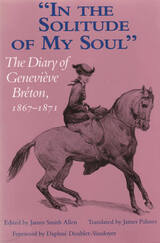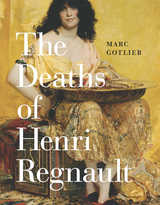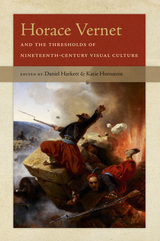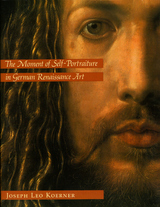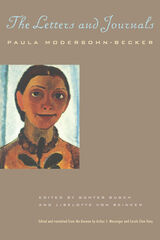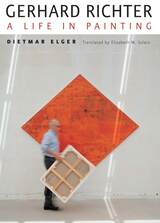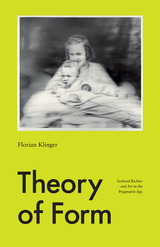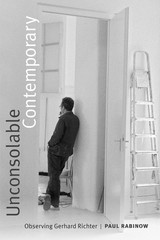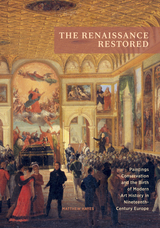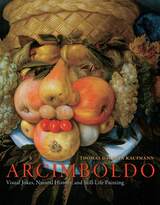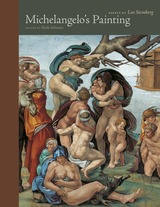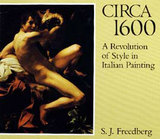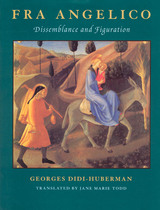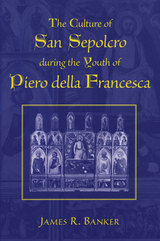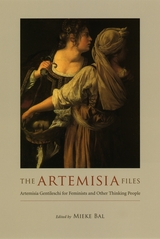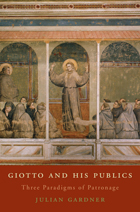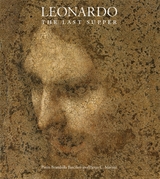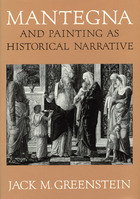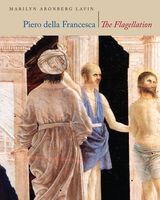The Art of the Macchia and the Risorgimento: Representing Culture and Nationalism in Nineteenth-Century Italy
University of Chicago Press, 1993
Cloth: 978-0-226-06330-0
Library of Congress Classification ND617.5.M3B65 1993
Dewey Decimal Classification 759.55109034
Cloth: 978-0-226-06330-0
Library of Congress Classification ND617.5.M3B65 1993
Dewey Decimal Classification 759.55109034
ABOUT THIS BOOK | TOC
ABOUT THIS BOOK
During the 1860s and '70s, more than a decade before the development of French Impressionism, Italy produced a group of avant-garde artists whose fervently nationalist paintings anticipated some of Impressionism's theoretical concerns. These artists were called "Macchiaioli" because they based their technique on a quickly rendered macchia, or sketch.
In the first extended sociopolitical interpretation in English of this important group, Albert Boime places the Macchiaioli in the cultural context of the Risorgimento—the political movement that unified Italy, freed from foreign rule, under a secular, constitutional government. Anglo-American art criticism has generally neglected these painters (probably because of their overt political affiliation and nationalist expression), but Boime shows that these artists, while deeply political, nevertheless created aesthetically superior work.
Boime's study departs from previous research on the Macchiaioli by systematically investigating the group's writings, sources, and patronage in relation to the Risogimento. The book also examines both contemporary and later critical responses, revealing how French art criticism has obscured the achievements of Macchiaioli art. Richly illustrated, The Art of the Macchia and the Risorgimento will appeal to anyone interested in nineteenth-century European art or the history of Italy.
In the first extended sociopolitical interpretation in English of this important group, Albert Boime places the Macchiaioli in the cultural context of the Risorgimento—the political movement that unified Italy, freed from foreign rule, under a secular, constitutional government. Anglo-American art criticism has generally neglected these painters (probably because of their overt political affiliation and nationalist expression), but Boime shows that these artists, while deeply political, nevertheless created aesthetically superior work.
Boime's study departs from previous research on the Macchiaioli by systematically investigating the group's writings, sources, and patronage in relation to the Risogimento. The book also examines both contemporary and later critical responses, revealing how French art criticism has obscured the achievements of Macchiaioli art. Richly illustrated, The Art of the Macchia and the Risorgimento will appeal to anyone interested in nineteenth-century European art or the history of Italy.
See other books on: Art and society | Boime, Albert | Italy | Nineteenth - Century Italy | Painting, Italian
See other titles from University of Chicago Press

